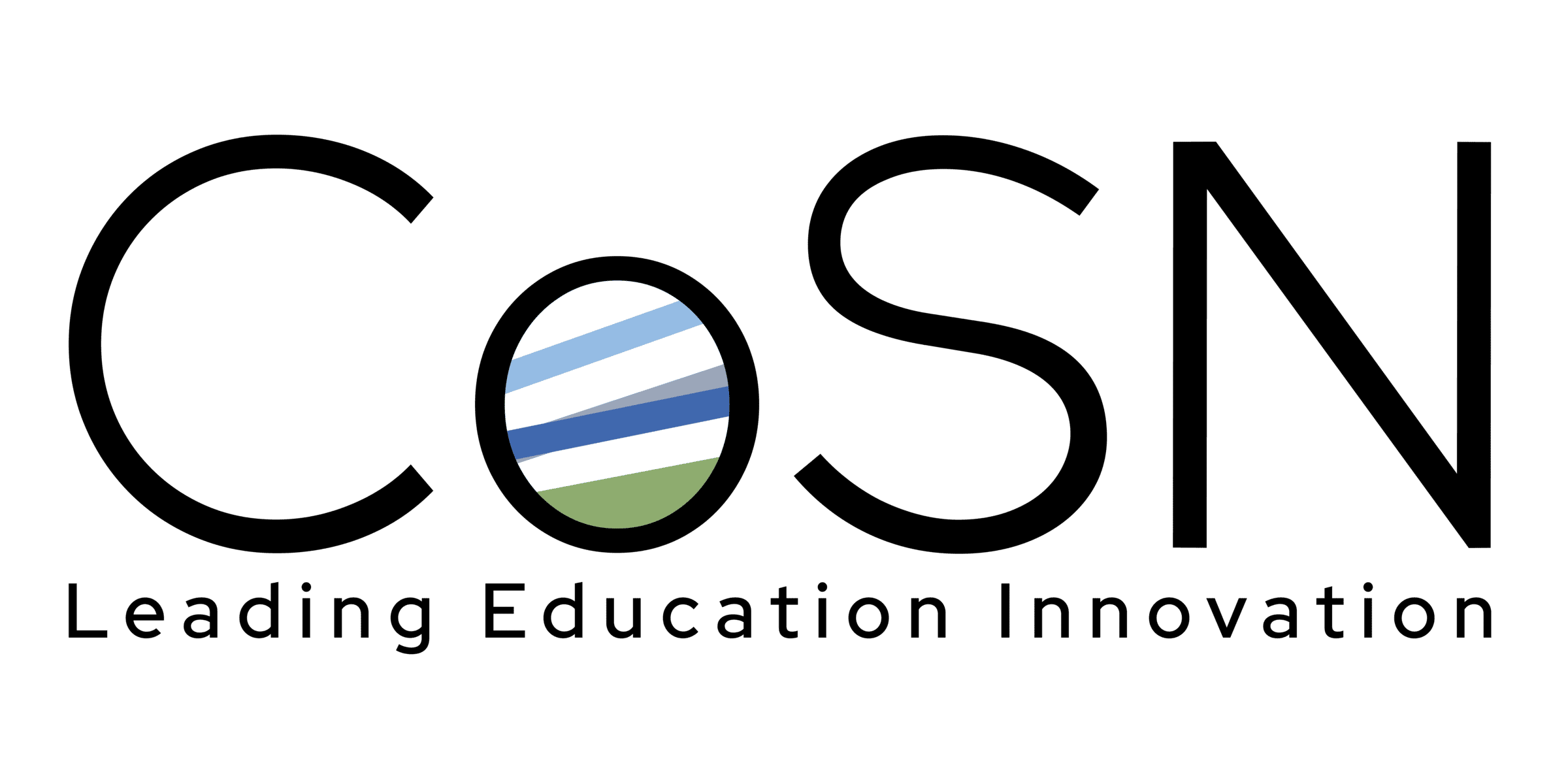As we step into 2024, the educational landscape is just beginning to feel the transformative shift brought on by generative artificial intelligence (Gen AI). This year marks a significant milestone in integrating advanced AI technologies into educational practices, heralding a new era of teaching and learning. Gen AI is set to revolutionize the way we approach education.
The Rise of Generative AI in Education
Gen AI is a type of AI that can create new content, from text to images, audio, video, code, 3D models, and more. It is a game changer for all industries due to its ability to produce original outputs.
Gen AI is revolutionizing education by offering a range of capabilities that cater to diverse learning needs and styles. Here’s a non-comprehensive overview:
- Text generation: From drafting lesson plans to creating formative assessments, Gen AI can produce a wide range of written content and aid educators in curriculum development.
- Visual content creation: Gen AI can design images, graphics, and diagrams, useful for visual learning aids. Canva has a host of AI features in their Magic Studio that assist with graphics creation.
- Audio production: Beyond text, Gen AI can create spoken audio content, music, and sound effects, enhancing auditory learning experiences. SpeechKi turns any text into audio with realistic AI voices.
- Video production: AI can produce videos, making multiple means of representation possible for a teacher to provide learners. I have had great luck with Pictory for creating quick and easy visual representations of content.
- Personalized learning materials: Gen AI makes it easy to tailor educational content to individual student needs; it can adapt materials based on difficulty levels, interests, and learning styles. Try asking a Gen AI chatbot such as ChatGPT to customize text to a specific reading level.
- Language translation: Gen AI can translate educational materials for diverse language needs, making learning more accessible and inclusive.
In essence, the rise of Gen AI in education signifies the potential to shift towards more dynamic, inclusive, and personalized learning experiences. However, due to the original outputs, it also presents a challenge to traditional educational methods with focus on memorizing content. Students often demonstrate their learning through written explanations in the forms of short answer questions and essays. Gen AI is flipping this on its head.
Demonstrating Learning in the AI Era
The advent of Gen AI in education is reshaping the way we assess and demonstrate learning. The traditional methods of testing and evaluation must evolve to accommodate the capabilities of AI. Demonstrating learning needs to move from testing memorization to showcasing transferable skills. This shift has the potential to make assessments more engaging and more reflective of real-world skills and knowledge application.
In this new era, educators are exploring innovative assessment methods that emphasize critical thinking, creativity, and problem-solving. AI-assisted tools can provide real-time feedback, enabling personalized learning experiences that adapt to each student’s progress. Project-based assessments, peer reviews, and interactive simulations offer students opportunities to demonstrate their understanding in diverse and meaningful ways.
Moving away from traditional memorization-based methods, educators are exploring how to evaluate students’ ability to apply knowledge in practical, real-world scenarios:
- Project-based learning: Students can work on real-world problems, using AI as a tool to analyze data, predict outcomes, and propose solutions. This hands-on approach fosters critical thinking and problem-solving skills.
- Reflective learning: AI can prompt students to reflect on their learning journey, guiding them to articulate their thoughts and feelings about the material learned. This reflective practice helps students internalize their learning and develop metacognitive skills.
- Real-time feedback: One of the significant advantages of AI in education is the ability to provide immediate feedback. This instant response helps students quickly understand their mistakes and learn from them, promoting a growth mindset.
- Ethical and critical engagement with AI: As students interact with AI tools, they also learn to critically evaluate the information and outputs provided by these systems. This critical engagement is essential in an era where digital literacy and ethical considerations around AI are becoming increasingly important.
These evolving assessment methods, empowered by AI, not only cater to the diverse needs of learners but also align with the skills required in a technologically advanced society.
Preparing Educators and Students for a World of AI
The integration of Gen AI into education necessitates a shift in how educators and students interact with technology. Educators need to be equipped with the skills and knowledge to effectively incorporate AI tools into their teaching methodologies. This includes understanding how to use AI for content creation, personalization of learning experiences, and assessment, as well as being aware of the ethical considerations and limitations of AI.
Students need to be prepared to navigate an AI-enhanced world. This involves not only leveraging AI tools for learning but also developing critical thinking skills to discern the quality and reliability of AI-generated content.
The Consortium for School Networking (CoSN) plays a crucial role in this transition. As a leading voice in advancing innovative teaching and learning, CoSN provides valuable resources and support for educators to navigate the new AI-enhanced educational paradigm. Educators can explore a wealth of information on effectively navigating this new normal at CoSN’s AI in Education resource page.

What Lies Ahead
2024 stands as a watershed year for the integration of Gen AI in education. This technology’s transformative potential extends beyond just enhancing teaching methodologies; it reshapes the very way we demonstrate and assess learning. As we embrace the opportunities presented by AI, it’s imperative to prepare both educators and students for this new era. The journey ahead is filled with possibilities to improve educational outcomes and foster a more engaging, inclusive, and adaptive learning environment.
Author: Lindy Hockenbary, CoSN Driving K-12 Innovation Advisory Member
Published on: Jan. 18, 2024
CoSN is vendor neutral and does not endorse products or services. Any mention of a specific solution is for contextual purposes.


